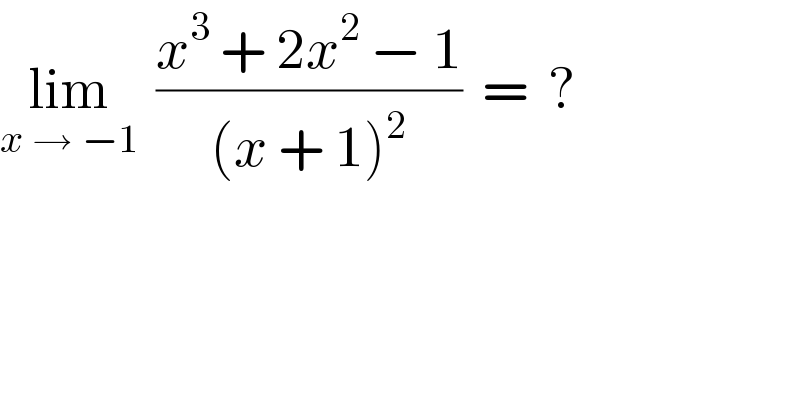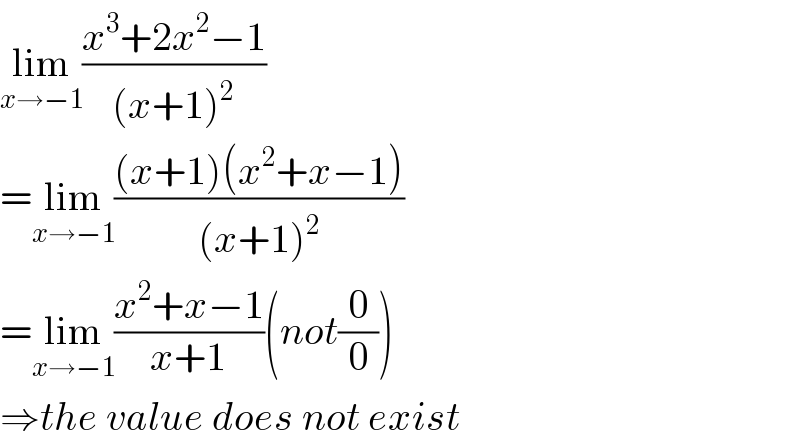
Question and Answers Forum
Question Number 62067 by naka3546 last updated on 15/Jun/19

Commented by gunawan last updated on 15/Jun/19

Commented by Tony Lin last updated on 15/Jun/19

Commented by Tony Lin last updated on 15/Jun/19

Answered by MIR ZAKIR last updated on 15/Jun/19

Answered by MJS last updated on 15/Jun/19

